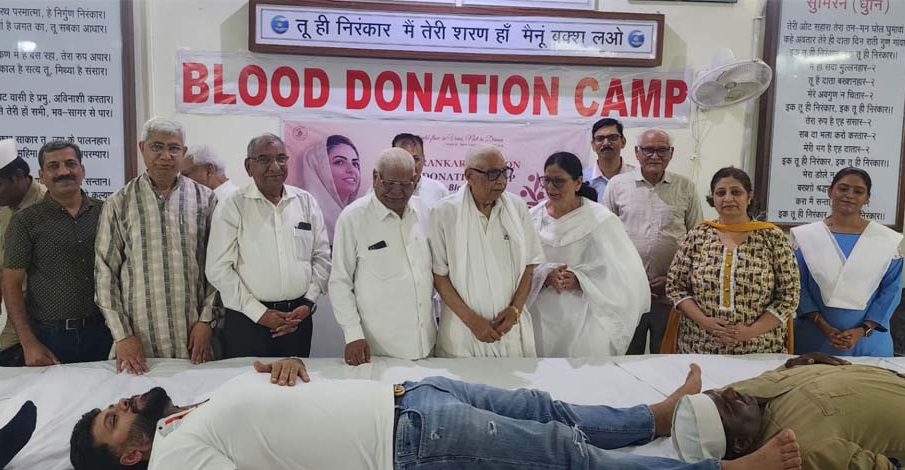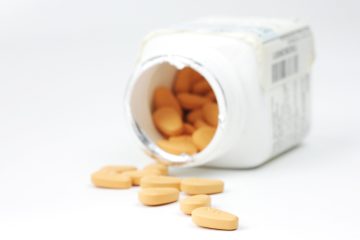The Crucial Role of Blood Donation in Saving Lives

Introduction
Blood donation plays a critical role in modern healthcare, serving as a lifeline for patients in need of transfusions, such as those undergoing surgeries, cancer treatments, or suffering from traumatic injuries. With the continuous demand for blood in hospitals and clinics, understanding the significance of blood donation and its impact on saving lives is essential for communities worldwide.
Statistics and Current Events
According to NHS Blood and Transplant (NHSBT), around 6,000 blood donations are needed every day in the UK to maintain supply levels and meet the needs of patients. Yet, despite this pressing requirement, the number of active donors has fluctuated, especially during the COVID-19 pandemic when various restrictions led to a sharp decline in donations. This prompted widespread campaigns aimed at encouraging individuals to give blood, highlighting that one donation can save up to three lives.
Recently, NHSBT launched the ‘Missing Type’ campaign, which aims to raise awareness about the urgent need for A, O, and B blood types. This initiative seeks to recruit new donors while reminding existing donors of their crucial contributions. The campaign is particularly significant given that an estimated 1 in 4 people will require blood in their lifetime, underscoring the pressing need for consistent and diverse donor groups.
How to Get Involved
Getting involved in blood donation is straightforward. Eligible individuals can register online through the NHSBT website, where they can find local donation centres and upcoming blood donation events. The donation process itself is quick, usually taking about an hour, and the actual blood collection takes only around 10 minutes.
Conclusion
Blood donation is a vital act of kindness that impacts countless lives every day. With ongoing efforts to raise awareness, coupled with the commitment of communities to support blood donation drives, there may be hope for stabilising blood supplies. As people become more aware of the importance of their contributions, we can anticipate an increase in donor registrations, potentially saving thousands of lives each year. Every donation counts in the effort to create a sustainable blood supply, enabling healthcare providers to deliver lifesaving treatments efficiently.









